Balancing Sports and Studies: An Experiential Approach to Learning
The importance of sports, alongside academics, has never been in doubt. Both are essential for the holistic development of a child. Education, especially through outdoor recreation programs and adventure programs, supports the experiential learning approach, which focuses on building personal development skills and life skills needed for real-world success. However, the real challenge lies in managing them on a day-to-day basis. Here are some effective strategies to help you balance school and sports without feeling overwhelmed or burned out:
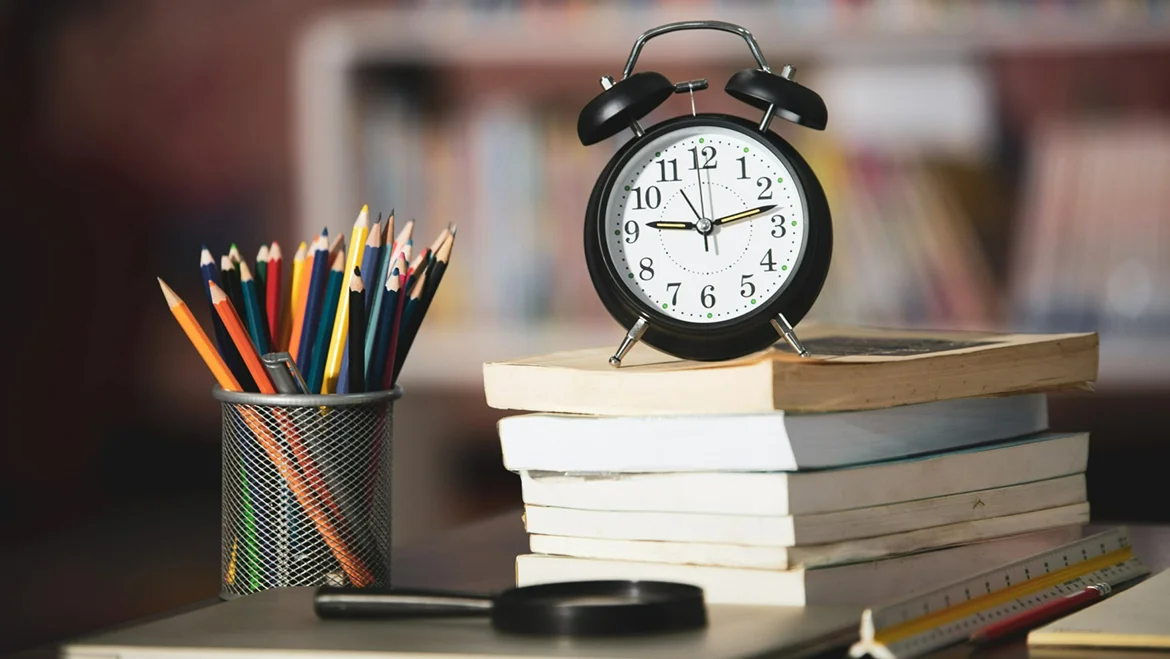
Create a Schedule
One of the most effective strategies to balance school and sports is to create a well-structured plan. Whether you're involved in outdoor adventure programs or following a traditional outdoor education curriculum, an organized schedule is essential. Include class times, study sessions, training, games, and downtime. Use a calendar or planner to track your commitments. This experiential approach teaches skills for life, such as time management and responsibility—good skills to have in life.
Stay Healthy
Balancing both sports and studies requires physical and mental well-being. Get enough rest, eat nutritious food, and stay hydrated. While regular exercise is built into your routine, make sure you allocate time for rest and recovery—key elements in the experiential learning process. This supports lifeskill development such as self-care and stress management.
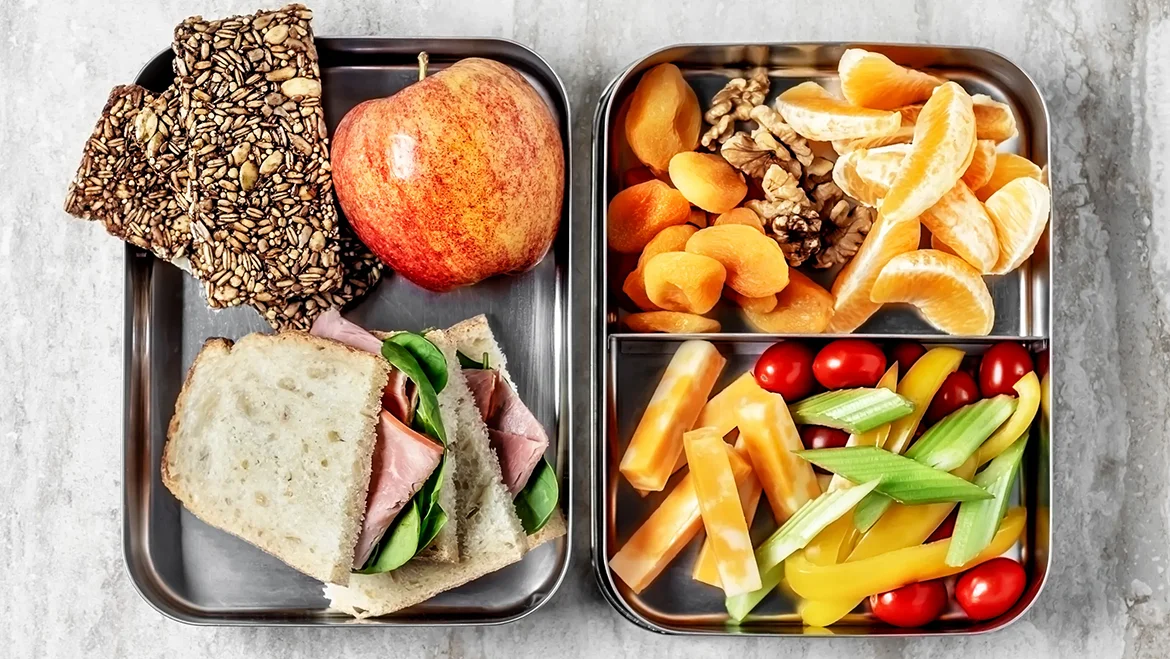
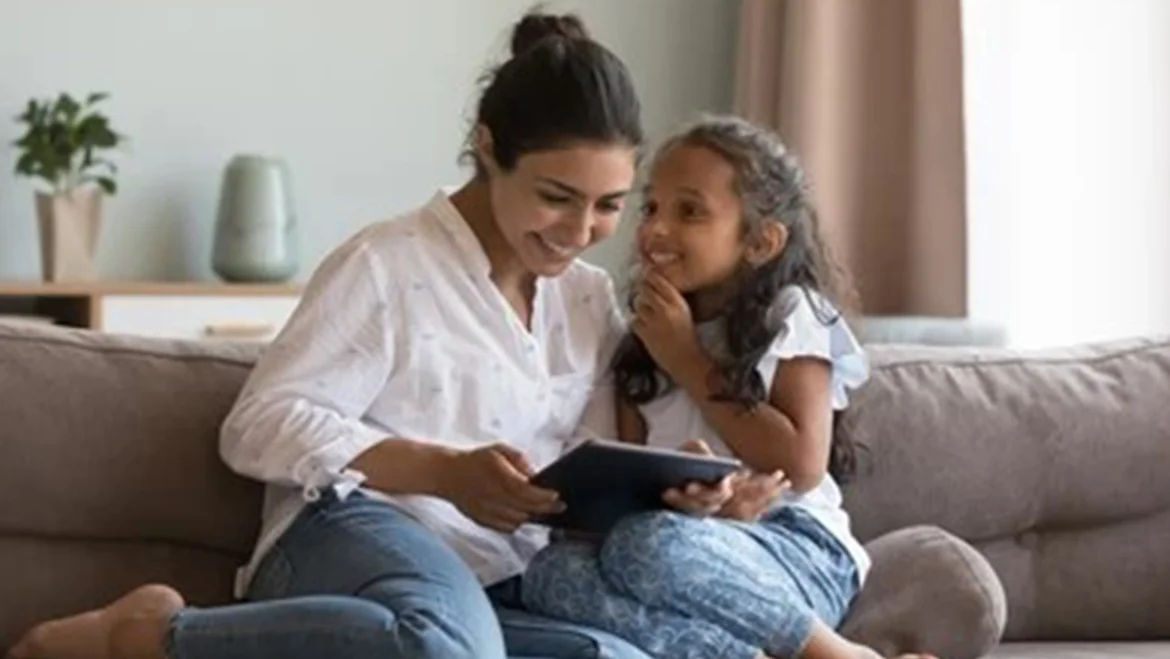
Healthy Communication with Family and Friends
Open and healthy communication is a cornerstone of personal life skills. Share your schedule with your family and friends so they understand your school and sports commitments. They can help you stay on track or assist with responsibilities at home. Friends can join you in fun adventures or help with studies—blending support with social bonding is a vital part experiential learning.
Make Use of Your Free Time
In experiential learning theory, learning can happen anywhere—not just in classrooms. Use breaks between classes or travel time to review notes, finish assignments, or reflect on your memorable journey as a student-athlete. These moments of productivity build habits that reinforce skills for life and reduce last-minute pressure.
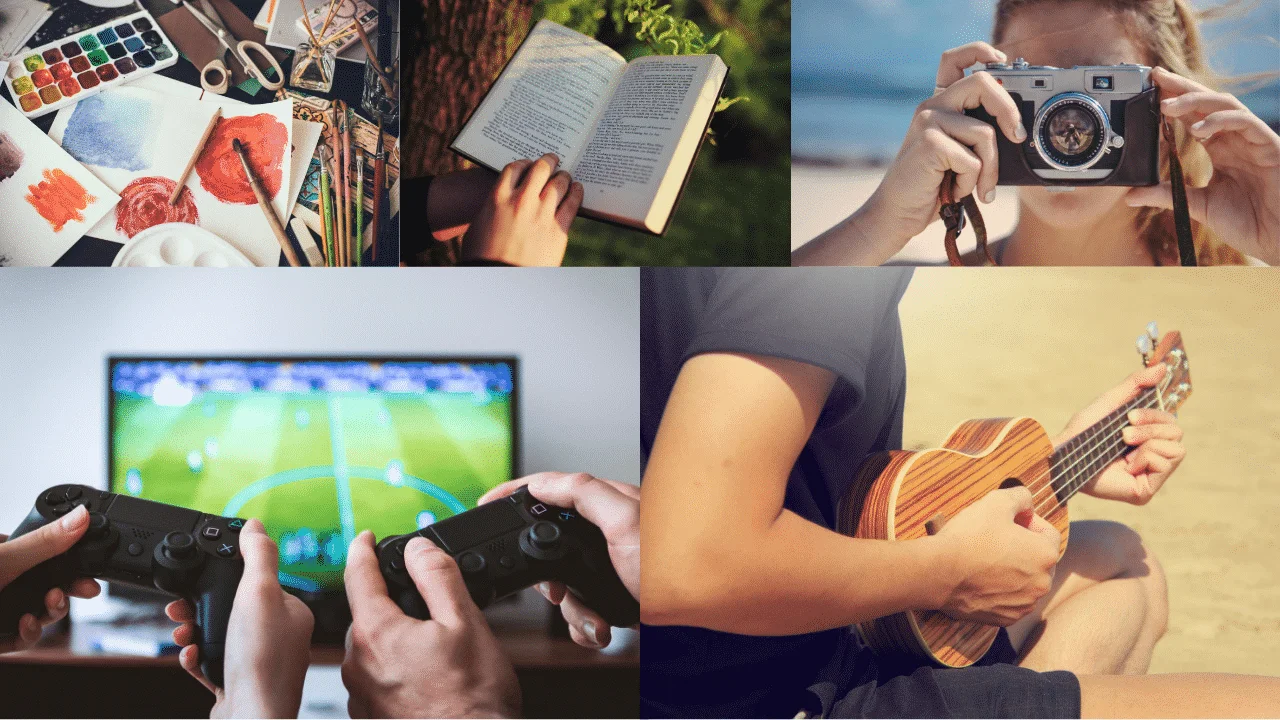
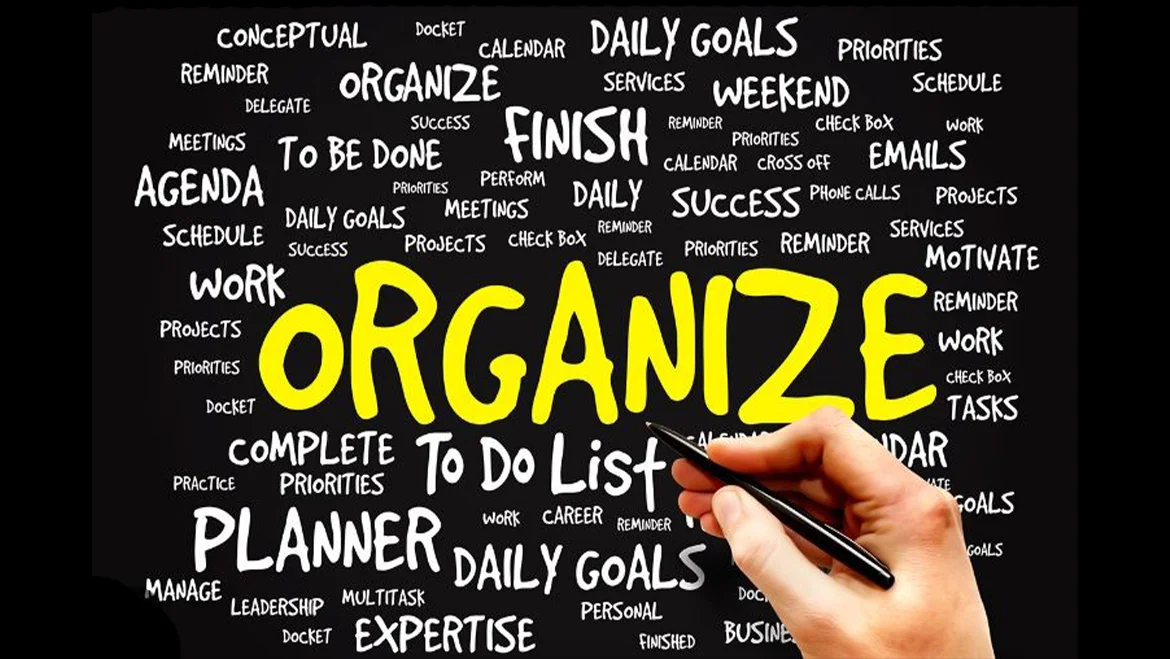
Stay Organized
Keep your school materials and sports gear in designated areas. This method is a small but impactful part of the experiential learning methodology. Organization helps reduce stress and makes transitions between tasks smoother—one of the life skills to have as you grow. It also reflects how learning is experiential, involving practical application and not just theory.
Conclusion
By integrating sports with academics through an experiential approach in teaching, students gain
far more than textbook knowledge. They develop life skills development capabilities—like
teamwork, problem-solving, and self-discipline—which are essential in all areas of life.
Outdoor curriculum and education outdoors support this hands-on way of learning, showing that
learning is experiential in its most effective form.